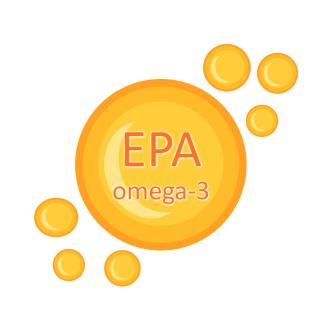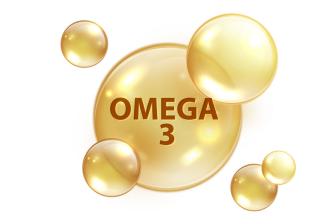
Creating your own potassium electrolyte drink is relatively easy and can be a more natural alternative to commercial sports drinks. Potassium is an essential electrolyte that helps maintain proper muscle and nerve function, and it's important for rehydration. Here's a simple recipe:
Ingredients:
- Water: 2 cups (480 ml)
- Orange juice: 1/2 cup (120 ml) - for flavor and extra potassium
- Honey or maple syrup: 2-3 tablespoons - for sweetness and carbohydrates
- Salt: 1/8 to 1/4 teaspoon - for sodium, an important electrolyte
- Potassium-rich foods (choose one or a combination):
- Banana: 1 medium-sized banana, mashed
- Coconut water: 1/2 cup (120 ml)
- Spinach: A handful, blended
- Avocado: 1/2 avocado, blended
Instructions:
- Start by squeezing the fresh orange juice or use store-bought, preferably without added sugar.
- If you're using potassium-rich foods like banana, spinach, avocado, or coconut water, blend them until smooth.
- In a large pitcher, combine the water, orange juice, potassium source (banana, spinach, etc.), honey/maple syrup, and salt.
- Stir well until all the ingredients are thoroughly mixed. Taste and adjust the sweetness and salt levels to your preference.
- Chill the mixture in the refrigerator, or add ice if you want to enjoy it immediately.
- Serve the homemade potassium electrolyte drink during or after exercise to help replenish lost electrolytes and stay hydrated.
Keep in mind that this homemade electrolyte drink may not have the exact electrolyte balance as commercial sports drinks, but it's a natural and refreshing way to replenish potassium and other essential electrolytes. If you have specific dietary restrictions or medical conditions, consult a healthcare professional before making and consuming this drink.






